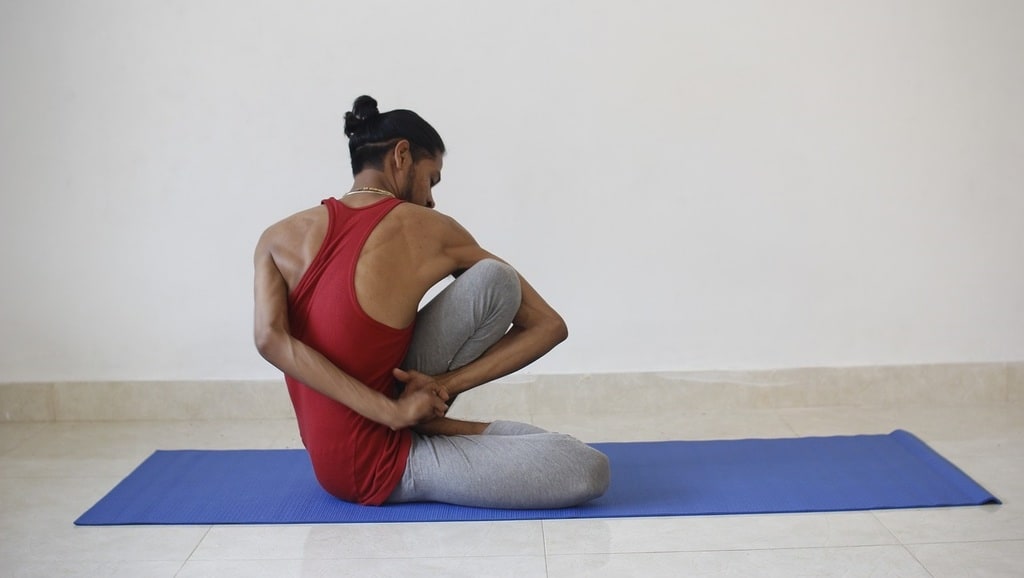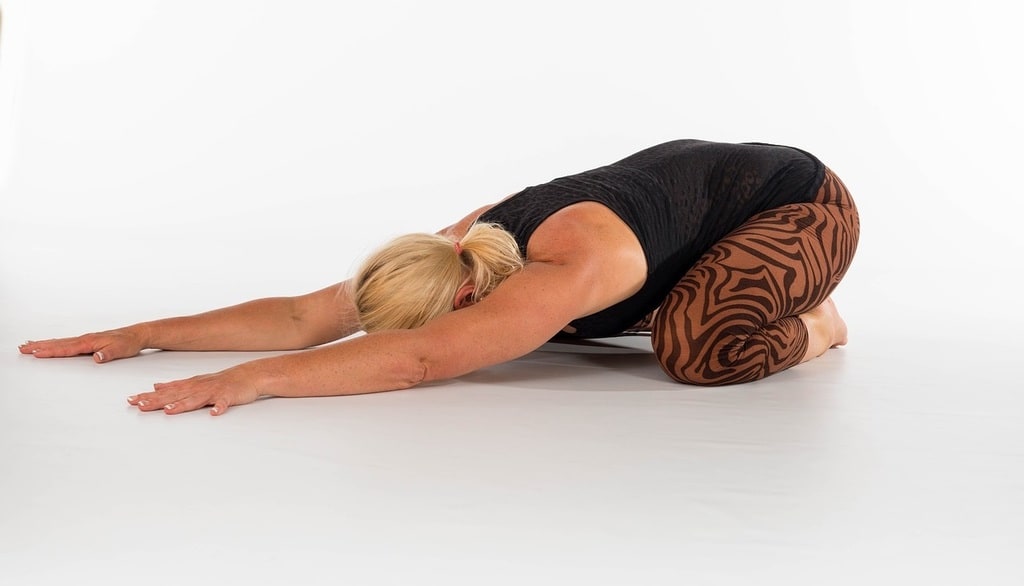Navigating the demands of a modern lifestyle can be challenging, often leaving individuals feeling overwhelmed and disconnected. Balancing work, social commitments, and personal time while maintaining mental well-being is a juggling act. In the midst of this hustle, integrating mindfulness into daily routines can foster a sense of balance and peace.
Integrating Mindfulness into a Modern Lifestyle
Incorporating mindfulness practices into a busy life requires intentionality and consistency. Mindfulness, the practice of being present and fully engaged in the current moment, can significantly enhance one’s quality of life. Amidst the rush of daily activities, taking deliberate moments to pause and reflect can help ground the mind and reduce stress.
The essence of mindfulness lies in its simplicity and accessibility. One does not need to set aside large chunks of time or undergo extensive training. Simple practices such as mindful breathing, walking, or eating can seamlessly fit into daily routines, providing immediate benefits.
Starting with Small Steps
The journey towards a more mindful life begins with small, manageable steps. Introducing brief periods of mindfulness throughout the day can create a solid foundation for more extensive practices. For example, dedicating a few minutes each morning to mindful breathing or a short meditation can set a positive tone for the day.
Similarly, incorporating mindfulness into daily activities, such as during a commute or while waiting in line, can transform mundane moments into opportunities for mental clarity and relaxation. This practice of integrating mindfulness into existing routines ensures that it becomes a natural part of one’s lifestyle.

The Power of Routine
Creating a routine that includes mindfulness practices can significantly enhance their effectiveness. Establishing specific times for mindfulness activities ensures they become a non-negotiable part of the day. This could include morning meditation, a midday mindful walk, or evening reflections.
Additionally, setting up a conducive environment for mindfulness practice can make a substantial difference. A quiet space with minimal distractions allows for deeper engagement and relaxation. Over time, these routines and spaces can become sanctuaries of calm in a hectic world.
Practical Tips for Mindful Living
Here are some practical tips to help incorporate mindfulness into a busy lifestyle:
- Morning Meditation: start the day with a few minutes of focused breathing or guided meditation to center the mind.
- Mindful Eating: pay full attention to the experience of eating, savoring each bite, and appreciating the flavors and textures.
- Mindful Walking: use walking as an opportunity to connect with the environment, focusing on the sensations of movement and surroundings.
- Mindfulness Apps: utilize technology to support mindfulness practice. Numerous apps offer guided meditations, reminders, and mindfulness exercises.
- Evening Reflection: end the day with a few minutes of reflection, considering what went well and setting intentions for the next day.
These tips provide a simple framework for embedding mindfulness into everyday life, making it more approachable and sustainable.
Mindfulness and Work-Life Balance
Balancing professional and personal responsibilities can be a significant source of stress. Mindfulness practices can offer tools to manage this balance more effectively. By fostering a more present and engaged mindset, individuals can improve their focus and productivity at work while also enhancing the quality of their personal time.
Taking mindful breaks during work hours, practicing deep breathing, or engaging in short meditations can reduce workplace stress and increase overall well-being. Similarly, transitioning from work to personal time with a mindfulness activity can help delineate boundaries, ensuring that both aspects of life receive adequate attention.
The Impact on Relationships
Mindfulness can also positively impact relationships. Being fully present during interactions with loved ones fosters deeper connections and understanding. Practicing active listening and empathetic engagement can strengthen relationships and enhance emotional intelligence.
Regular mindfulness practice can help individuals respond more calmly and thoughtfully to conflicts, leading to more constructive resolutions. This mindful approach to relationships promotes harmony and reduces unnecessary stress and misunderstandings.
Sustaining Mindfulness Practices
Maintaining a mindfulness practice requires ongoing commitment and adaptation. Life’s demands are constantly changing, and so must the mindfulness practices that support well-being. Flexibility in approach ensures that mindfulness remains relevant and effective, regardless of circumstances.
Reflecting on the benefits experienced and adjusting practices as needed can keep mindfulness fresh and engaging. Sharing mindfulness experiences with others, whether through groups or social media, can also provide motivation and a sense of community.
In conclusion, balancing a modern lifestyle with mindfulness involves intentional practice, routine, and adaptability. By integrating simple mindfulness techniques into daily activities, individuals can cultivate a more balanced, peaceful, and fulfilling life. Embracing mindfulness not only enhances personal well-being but also positively influences relationships and professional life, creating a ripple effect of calm and clarity in all areas of life.
